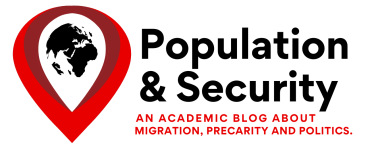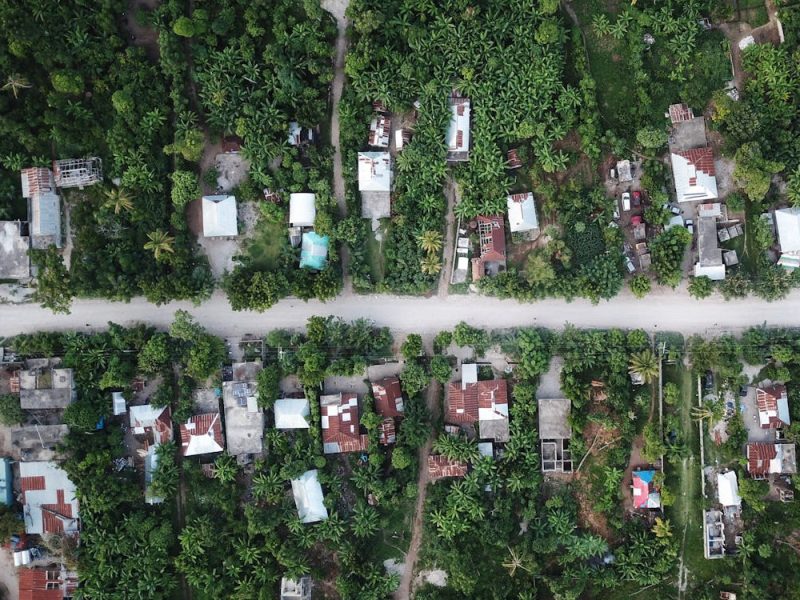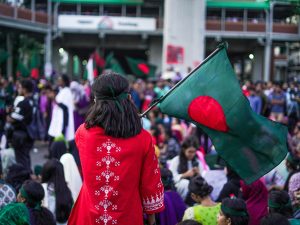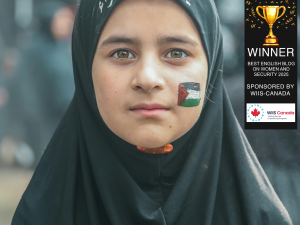In Haiti, gang violence is an everyday occurrence. Today, over 80% of Port-Au-Prince is currently controlled by rival gangs, who are steadily expanding their controlled territory beyond the major city. The violence accompanying this fight for control has led to an estimated 700,000 people being displaced. In regions like Pont-Sondé and the Ouest department, gang control has led to large-scale civilian massacres. In an attempt to stabilize the situation, a UN-backed security mission has been deployed, yet relief for civilians in Haiti seems to be in the distant future. What causes gangs to attack civilians en masse? Perceived group loyalty is an important factor: it not only fuels large-scale violence against civilians, causing internal displacement, but also follows civilians to their new locations. Recognizing loyalty as a key driver in gang violence against civilians can help shape future policies aimed at assisting the people of Haiti in their plight.
Loyalty in the Haitian context can be defined as civilian support for, or allegiance to, armed groups —a relationship that is often difficult to determine via ascription, following earlier research on collective targeting. The importance of perceived loyalty is clear in the Pont-Sondé massacre. On October 3rd, 2024, over 70 people were killed and a further 6,000 people were displaced in a violent gang attack. The attack has been labelled retributory, with the gang citing a perceived civilian involvement in a local defense group as the reasoning behind the massacre. Most of the Internally Displaced People (IDPs) from Pont-Sondé have sought refuge in the nearby town of Saint-Marc, with a small number seeking refuge in Petite-Rivière de l’Artibonite, which was later attacked on December 7th and 10th. These attacks were reportedly reprisals for perceived civilian resistance to the gang’s presence in the area. While the gang did not explicitly cite the presence of IDPs as a causal factor in their attack, studies have shown that violence can follow displaced populations to their host communities.
INTERNALLY DISPLACED PEOPLE AND VULNERABILITIES
While most research has focused on violence following refugee populations, recent scholarship has shown that violence also follows IDPs even in non-ethnic conflicts. Factors such as the timing of displacement, place of origin, and group size can operate as proxies for perceived loyalties, making IDPs vulnerable to further violence. For example, IDP movements to a new location at a given time can signal their likely place of origin, allowing gangs in control to infer their presumed loyalties.
In the case of the attacks on Petite-Rivière de l’Artibonite, the sudden population increase following the Pont-Sondé massacre could have signalled to local gangs a perceived disloyalty and resistance to their presence in the area, leading to the subsequent attacks. Data confirms that this was the first attack that was retributory in nature on the Petite-Rivière de l’Artibonite community in 2024, suggesting that the presence of IDPs played a significant role in the decision to carry out collective violence. Collective targeting of IDPs can be either strategic or revenge-based. The December 7th attack on Petite-Rivière de l’Artibonite had little strategic value; however, the subsequent larger attack on December 10th exhibited both qualities. It served as revenge on a community for their earlier resistance and simultaneously aimed to discourage future resistance against gang authority.
Issues of perceived loyalty as justification for civilian attacks have not been limited to the events discussed thus far. Two separate attacks in different parts of the Ouest Department were similarly attributed to perceived resistance to gang presence, this time linked to voodoo activity. Displacement data is only available for one of these attacks, which resulted in the displacement of thousands of people. Civilians targeted in the attacks sought refuge in IDP sites in nearby neighbourhoods. Given the proximity of the IDPs to their original location and the size of their groups, both factors likely became proxies for their perceived loyalties, leading to further attacks on the neighbouring communities.
Recent events make clear that loyalty is already a contributing factor in violence against civilians within the country. Perceived loyalties of civilians attacked can follow them in their displacement, putting themselves and the host community at further risk of violence, as seen in the aftermath of the Pont-Sondé massacre and subsequent violence in Petite-Rivière de l’Artibonite. This emerging trend should be closely monitored by the international community, as it holds its own policy implications beyond those already in consideration for IDP security.
POLICY IMPLICATIONS
Providing resources at the household level can prevent further violence against IDPs. In Haiti, over 80% of IDPs live in host communities, which are often chosen based on family ties. Providing support for people to seek refuge with family will decrease the size of resettling, making them less obvious targets for attack. Support could include travel vouchers or funding for families in different departments, as finances have been reported as a barrier in the ability to flee violence.
However, financial concerns are not the only travel barriers for IDPs to secure safety. Several gangs have created toll booths on major roadways, making travel between communities unsafe as well as financially infeasible. Elimination of gang control of motorways would allow for the safe travel of IDPs away from collective violence.
Ensuring the protection of IDPs in resettlement areas is a policy priority. One way in which civilians seek to protect themselves is through civilian protection groups, which can exacerbate violence, as gangs can use the presence of these groups as a proxy for perceived loyalty. Providing physical protection for IDPs can eliminate the need for vigilante groups, lowering the risk of their being attacked. Further funding for the multinational security force is one way in which IDPs can be physically protected, without their safety being compromised due to perceived loyalty.
These policy recommendations are not exhaustive. Future research should look at how violence follows IDPs in non-civil war and non-ethnic conflicts. Until then, the international community needs to take the security of IDPs and their host communities seriously and consider the threat of continued violence as a likely event that could exacerbate humanitarian conditions across Haiti.





